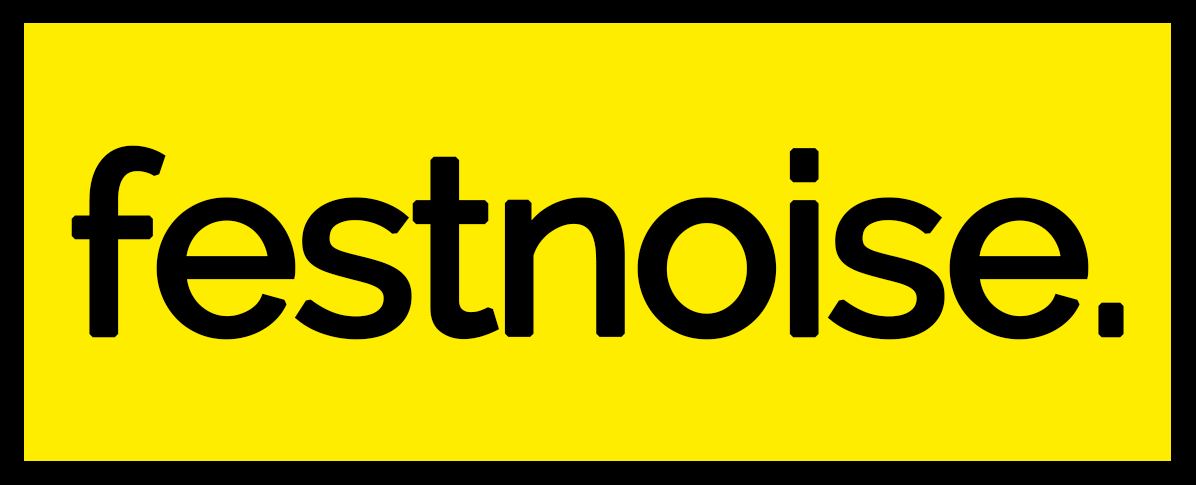What the hell is NFT and how can it impact the music industry?
NFT, that thing that suddenly everyone is talking about but no one seems to fully understand. And since it seems that a bunch of musicians are into it too, let's try to understand whether NFT matters to the future of music or its just a hype inflated by speculators and crypto investors who have seen the value of their initial investments multiplied by thousands of dollars.
If you are old enough to remember the appearance of the internet, you’ll probably remember the promise of how it was going to save the music industry by allowing artists to take control of their music without having to be part of the music industry system. But big corporations found their way to keep on getting a major portion of the cake (artists only receive an average of around 10% of all profits from the sales of their music). Without forgetting the pandemic and the prohibition of live music, no wonder that so many artists are now getting excited about the possibilities of this technology.
Let’s start by saying that NFT stands for “non-fungible token” which is some sort of digital certificate of authenticity. With digital art, because of its very nature, you make an identical copy and distribute it, so what's the point of buying the original? Well, at first simply to have proof of ownership the same way as if you own a Van Gogh despite there being thousands of identical copies out there. But there is more than that!
NFT, like Bitcoin and other cryptocurrencies, relies on blockchain technology which to make it easy is a digital way of recording information that can not be deleted or altered but can be transferable. Basically thanks to the unique code attached to every art piece, it’ll be possible to 100% prove provenance (what proof the history of ownership of a specific piece of art).
Following visual artists (relatively unknown artist Beeple has recently sold a digital work for 57 million Euros), Kings Of Leon has been the first major artist to release an album as an NFT after other artists like Grimes, Steve Aoki, deadmau5 or Gorillaz has sold NFTs too.
But what can really make NFT for the music industry? Well, there was recently an experiment in which two artists (rapper Big Zuu and Chance the Rapper’s brother Taylor Bennett) sold stakes in the recorded music rights to a yet to be released song. These stakes were themselves divided up into 1% portions as NFTs, selling for $100 a piece. What means that individual buyers own 1% stakes in one or other of these recordings. In other words, each buyer should now share in 1% of all digital royalty streams generated by the tracks for good (although they won’t have the right to approve or deny a usage). Can you imagine being able to own music this way in the future, and therefore receiving their sales reports from streaming platforms each month? It’s honestly exciting and there are reasons to think that systems like this will become common in the years ahead which would be the perfect meeting place for artists looking for alternative ways to finance their careers, and fans and investors who believe in their potential.
If NFT is gonna revolutionize the music industry empowering smaller artists by having ownership over their music is yet to be seen. Nevertheless, in a moment when awareness of carbon emissions in gigs and festivals is on the rise, neither should we forget the critical voices due to the harmful impact on the environment by NFTs as it takes enormous amounts of energy consequence of the high demand of computing power that this technology needs in order to be secure.
Cover photograph by Matthew Followill






